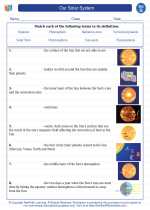Our Solar System -> nuclear fission
Nuclear Fission
Nuclear fission is a nuclear reaction in which the nucleus of an atom is split into two or more smaller nuclei, along with the release of a large amount of energy. This process is the basis for the operation of nuclear power plants and nuclear weapons.
Process of Nuclear Fission
During nuclear fission, a heavy atomic nucleus, such as that of uranium-235 or plutonium-239, absorbs a neutron, becomes unstable, and splits into two or more smaller nuclei, along with the release of additional neutrons and a large amount of energy in the form of gamma rays and kinetic energy of the fission products.
Energy Release
The energy released during nuclear fission is several million times greater than the energy released in a chemical reaction, making it an extremely efficient source of energy for power generation.
Controlled Fission
In a nuclear power plant, nuclear fission is carefully controlled to ensure that the chain reaction proceeds at a steady rate, producing a constant supply of heat to generate electricity. This is achieved through the use of control rods to absorb excess neutrons and maintain the reaction at a stable level.
Study Guide
Here are some key points to remember about nuclear fission:
- Nuclear fission is the process of splitting the nucleus of an atom into smaller nuclei, releasing a large amount of energy.
- Uranium-235 and plutonium-239 are commonly used as fuel in nuclear fission reactions.
- The energy released during nuclear fission is used to generate electricity in nuclear power plants.
- Control rods are used to regulate the rate of the fission reaction in a nuclear reactor.
- Nuclear fission is the basis for the operation of nuclear power plants and nuclear weapons.
Understanding the process and applications of nuclear fission is essential for understanding the role of nuclear energy in our world today.
[Nuclear Fission] Related Worksheets and Study Guides:
.◂Science Worksheets and Study Guides Seventh Grade. Our Solar System
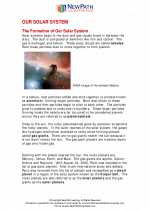
 Activity Lesson
Activity Lesson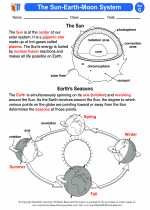
 Activity Lesson
Activity Lesson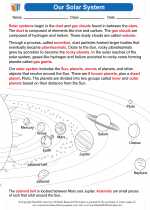
 Worksheet/Answer key
Worksheet/Answer key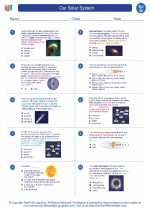
 Worksheet/Answer key
Worksheet/Answer key
 Worksheet/Answer key
Worksheet/Answer key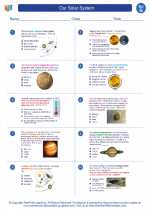
 Worksheet/Answer key
Worksheet/Answer key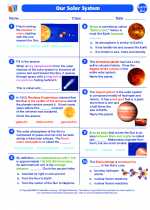
 Vocabulary/Answer key
Vocabulary/Answer key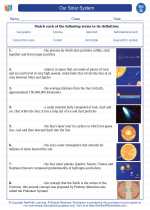
 Vocabulary/Answer key
Vocabulary/Answer key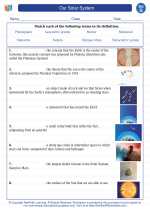
 Vocabulary/Answer key
Vocabulary/Answer key